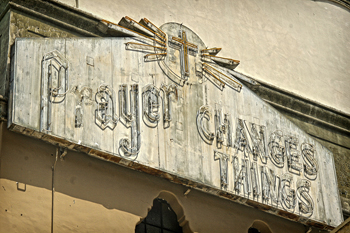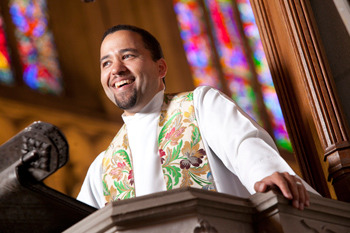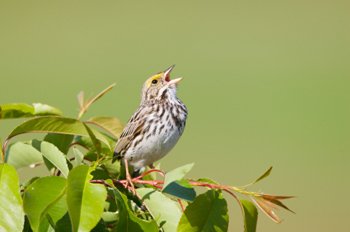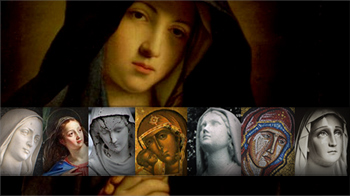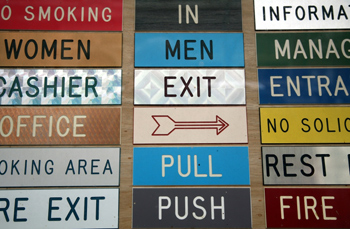Michael Pasquarello: So what are we waiting for?
As the prophet Habakkuk discovered, waiting is the most important thing we do, says a professor of preaching.
Recently published
As the prophet Habakkuk discovered, waiting is the most important thing we do, says a professor of preaching.
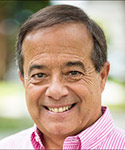 Link to author Michael Pasquarello
Link to author Michael Pasquarello
One does not obliterate and destroy the past or the tradition, but one works to restore its joy; thus, we are open to divine disruption, says the dean of Duke University Chapel.
 Link to author Luke A. Powery
Link to author Luke A. Powery
 Link to author William B. Kincaid
Link to author William B. Kincaid
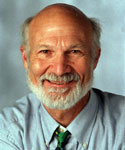 Link to author Stanley Hauerwas
Link to author Stanley Hauerwas
Why should Christians care about the fate of Earth? Because cherishing creation is the way we show God our gratitude, the way we humbly acknowledge our creatureliness, and an important way in which we worship, says the former dean of Duke Chapel.
 Link to author Samuel Wells
Link to author Samuel Wells
 Link to author Catherine A. Caimano
Link to author Catherine A. Caimano
Like Mary, we have been called to be fertile, to be a church from which the Spirit brings forth much fruitfulness and life, says the professor of preaching at Asbury Theological Seminary.
 Link to author Michael Pasquarello
Link to author Michael Pasquarello
Mary’s Song is a reminder to all Christians that in saying yes to God, Mary also said no to all that is ungodly, says the senior minister and CEO of Old South Church in Boston.
 Link to author Nancy S. Taylor
Link to author Nancy S. Taylor
From the perspective of the man in the ditch, the story of the Good Samaritan asks something more profound than whether you’re willing to help: Are you ready to be rescued?
 Link to author Richard Lischer
Link to author Richard Lischer
For those claimed and called by God, every exalted position has its shadows. When faced with the temptations of power, remember your baptism, says Kenneth L. Carder.
 Link to author Kenneth L. Carder
Link to author Kenneth L. Carder
When the kingdom comes, the signs will be clear, even for a people who aren’t good at reading them, says Jeremy Troxler. Until then, remember: We are a sign.
 Link to author Jeremy Troxler
Link to author Jeremy Troxler

